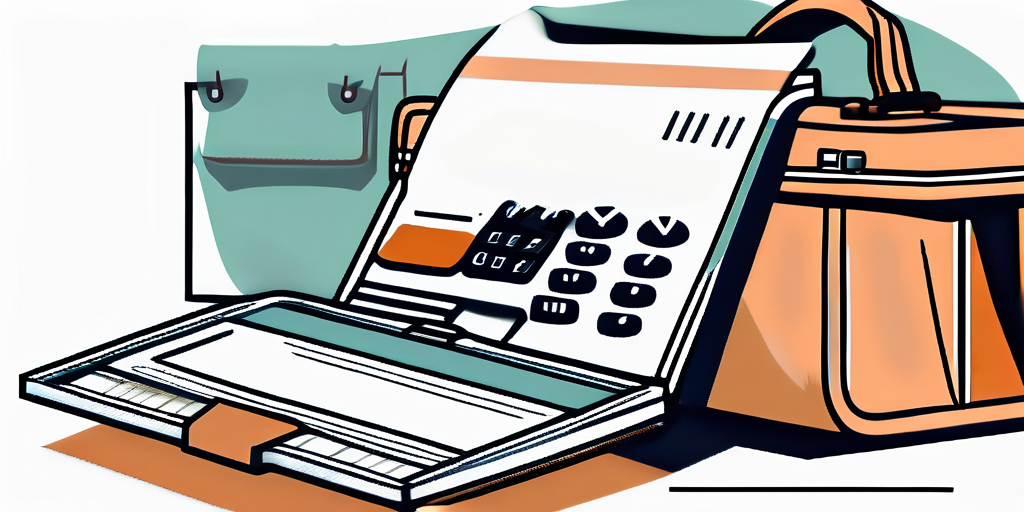Welcome, dear reader, to the wild and wacky world of progressive tax! If you thought tax planning was as dry as a desert, you’re in for a treat. We’re about to embark on a journey that’s as exciting as a roller coaster ride, but with less screaming and more number crunching. Buckle up!
Progressive tax, as you may know, is the cheeky little system where the tax rate increases as the taxable amount increases. It’s like a game of Monopoly where the more properties you have, the more rent you pay. Except in this case, the game never ends and the bank is the government. Fun, right?
The Basics of Progressive Tax
Before we dive into the deep end of the tax pool, let’s start with the shallow end. The concept of progressive tax is as simple as pie, but not as tasty. It’s based on the principle that the more you earn, the more you pay. It’s like being at an all-you-can-eat buffet, but the more you eat, the more you pay. A bit of a bummer, isn’t it?
But don’t worry, it’s not all doom and gloom. Progressive tax can actually be a good thing. It’s designed to distribute the tax burden more fairly, so that those with more income can shoulder a larger share of the tax load. It’s like being the older sibling who has to do more chores. It’s not fun, but it’s fair.
How Progressive Tax Works
Now, let’s get down to the nitty-gritty. How does progressive tax work? Well, it’s all about tax brackets. Imagine you’re climbing a ladder. Each rung represents a different level of income, and the higher you climb, the higher the tax rate. It’s like a game of snakes and ladders, but with more paperwork and less fun.
Each tax bracket has a range of income and a corresponding tax rate. If your income falls within a certain range, you pay the tax rate for that bracket. But here’s the kicker: you only pay the higher tax rate on the income that falls within the higher bracket. It’s like getting a bigger slice of pie, but having to share more of it. It’s a sweet and sour deal.
Progressive Tax Rates
So, what are these tax rates we’re talking about? Well, they vary from country to country, and sometimes even from state to state. It’s like a box of chocolates, you never know what you’re gonna get. But generally, the tax rates increase incrementally as the income increases. It’s like climbing a hill, the higher you go, the steeper it gets.
For example, in the United States, the federal tax rates for 2021 range from 10% to 37%. That’s a pretty wide range, isn’t it? It’s like the difference between a gentle breeze and a hurricane. But remember, you only pay the higher tax rate on the income that falls within the higher bracket. So, it’s not as scary as it sounds.
Benefits of Progressive Tax
Now that we’ve covered the basics, let’s talk about the benefits of progressive tax. Yes, you heard right, benefits! It’s not all about giving away your hard-earned money. There are actually some perks to this system. It’s like finding a silver lining in a cloud, or a rainbow after a storm.
One of the main benefits of progressive tax is that it promotes economic equality. By taxing the rich at a higher rate, it helps to redistribute wealth and reduce income inequality. It’s like Robin Hood, but with less archery and more accounting.
Reducing Poverty
Another benefit of progressive tax is that it can help to reduce poverty. By taxing the rich more, the government can raise more revenue, which can be used to fund social programs and provide assistance to the poor. It’s like taking from the rich to give to the poor, but without the need for a green tunic and a merry band of outlaws.
Of course, this depends on how the government uses the tax revenue. If it’s used wisely, it can make a big difference in reducing poverty and improving living standards. It’s like using a magic wand, but with more bureaucracy and less fairy dust.
Encouraging Economic Growth
Believe it or not, progressive tax can also encourage economic growth. By taxing the rich more, it can incentivize them to invest their money in businesses and other productive activities to reduce their taxable income. It’s like a game of chess, where you have to think several moves ahead to win.
Moreover, by reducing income inequality, progressive tax can help to create a more stable and sustainable economy. It’s like building a house of cards, the more evenly the cards are distributed, the more stable the structure.
Drawbacks of Progressive Tax
Now, let’s flip the coin and look at the drawbacks of progressive tax. Yes, like everything in life, it has its downsides. It’s like eating a hot chili pepper, it’s exciting at first, but then the heat kicks in.
One of the main criticisms of progressive tax is that it can discourage hard work and entrepreneurship. After all, why work harder if you’re just going to be taxed more? It’s like running a marathon, but the faster you run, the heavier the weights you have to carry.
Complexity of the System
Another drawback of progressive tax is the complexity of the system. With different tax brackets and rates, it can be a headache to figure out how much tax you owe. It’s like solving a Rubik’s cube, but with more numbers and less colors.
Moreover, the complexity of the system can lead to tax evasion and avoidance. After all, who wants to pay more tax if they can find a loophole to pay less? It’s like playing hide and seek with the taxman, but with higher stakes.
Income Mobility
Finally, progressive tax can hinder income mobility. By taxing the rich more, it can discourage them from earning more and moving up the income ladder. It’s like climbing a mountain, but the higher you go, the steeper and more slippery it gets.
Moreover, by redistributing wealth, progressive tax can discourage the poor from working harder and moving up the income ladder. After all, why work harder if you can get assistance from the government? It’s like being stuck in a comfort zone, comfortable but stagnant.
Conclusion
Well, there you have it, folks! The ins and outs of progressive tax. It’s a bit like a roller coaster ride, with its ups and downs, twists and turns. But at the end of the day, it’s all about fairness and equality. It’s like a game of Monopoly, where everyone starts with the same amount of money, but the outcome depends on how well you play the game.

So, next time you’re doing your taxes, don’t groan and moan. Instead, think of it as a game, a challenge, an adventure. After all, tax planning is not just about numbers and calculations, it’s also about strategy and planning. It’s like a game of chess, where the winner is not the one with the most pieces, but the one with the best strategy.
And remember, the goal is not to pay less tax, but to pay your fair share. After all, taxes are what fund our public services and infrastructure. They’re what make our society function. So, let’s embrace progressive tax, warts and all. Because at the end of the day, it’s not just about the money, it’s about the principle.


